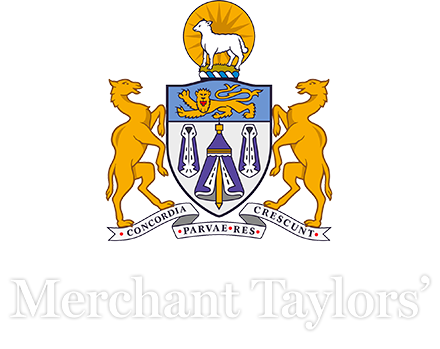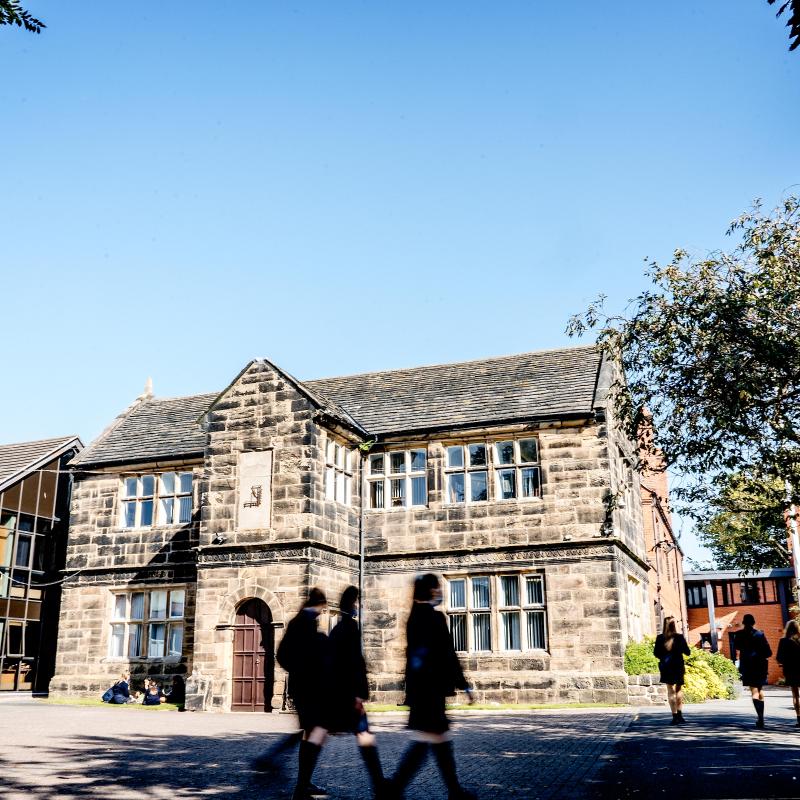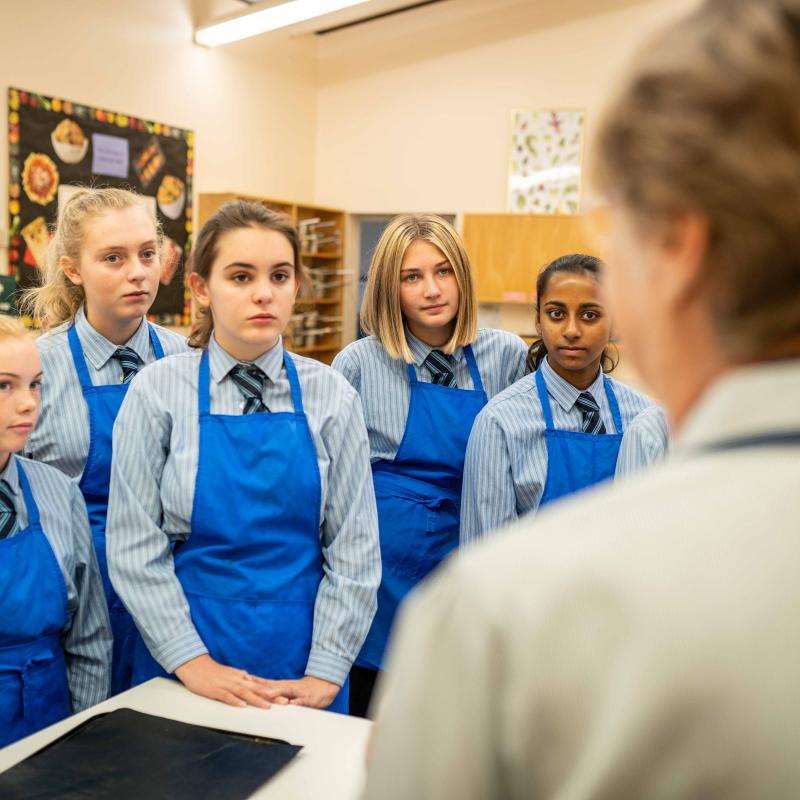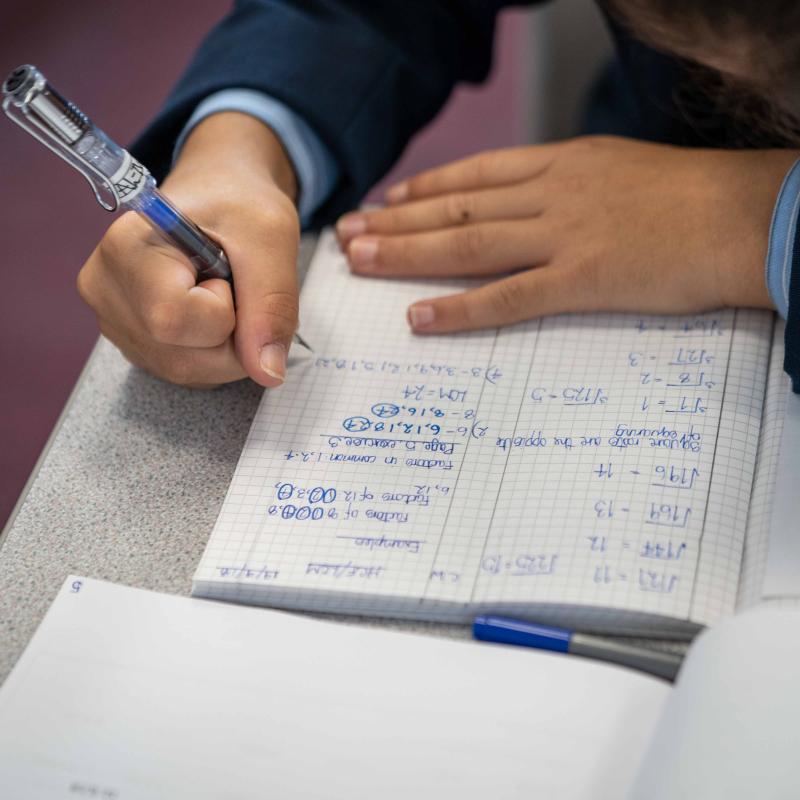History
The History Department aims to stimulate an interest in and enthusiasm for the study of the past, so that every girl can enjoy the subject and is able to realise their full academic and personal potential.
Girls develop skills of critical thinking, incisive analysis, effective oral and written argument, reading between the lines, essay writing and more.
Lower School
In Year 7, girls focus on Britain 1066-1500; a study of the major features of Britain’s medieval past, including significant people and events, such as William the Conqueror, King Henry II, the Black Death and Peasant Revolt on 1381.
Year 8 looks at the monarchy, parliament and people of Britain, 1500-1750, including the Tudors, the Reformation, the Gunpowder Plot, the English Civil War and colonial exploration.
Year 9 is a study of economic, social, and political changes in Britain between 1750 and 1945. This period covers the Industrial Revolution, urbanisation, public health reform, women’s rights and the Home Front in the Second World War.
GCSE
A GCSE in History allows girls to further develop the skills they have learned in Lower School, such as evaluation, research and analysis, as well as the ability to understand people, have empathy and communicate clearly.
We study the AQA specification, which gives students a fascinating range of topics to study and provides an excellent platform for study at A Level. It is a subject which is accessible to all students while potentially challenging and stimulating for those pursuing the top grades.
In Year 10, girls study:
Causes of the First World War, Treaty of Versailles, and the League of Nations.
Germany under the Weimar Republic 1918-1929.
Hitler’s Foreign Policy and the Causes of the Second World War.
In Year 11, topics include:
Britain: Power and the people: c1170 to the present day
Girls gain an understanding of the development of the relationship between the citizen and the state in Britain over a long period of time, studying the importance of factors including war, religion, government and the economy, as well as ideas such as equality and representation.
Elizabethan England, c1568–1603
This section is studied in four parts:
- Elizabeth’s court and Parliament
- Life in Elizabethan times
- Troubles at home and abroad
- The historic environment of Elizabethan England
There is no coursework or controlled assessment and all assessment is made by two papers at the end of the two-year course.
A Level
History is a popular A-Level subject at Merchant Taylors’, taught by three subject specialists whose passion and enthusiasm for their particular areas of interest is passed on to the girls in their tutelage.
The aim of our passionate History department is that all girls finish their Sixth Form study having immersed themselves in a variety of historical periods in a number of countries and have the ability to evaluate the validity of differing historical interpretations and a good understanding of historiography.
This course gives girls the opportunity to work collaboratively and/or independently and gain transferable skills which will help them in other subjects, further studies and future career. A Sixth Form historian is likely to find themselves analysing everything from religious or political reform to modern cinematic masterpieces.
The AQA specification is divided into three units, namely:
Unit 1 – Challenge and Transformation: Britain c1851–1964
Unit 2 – Revolution and Dictatorship: Russia 1917-1953
Unit 3 – Historical Investigation personal study based on a topic of the student’s choice
History is an important subject for those wishing to study History, Archaeology or Politics at university, while it also considered useful for other courses, such as Law, Journalism, Business or Forensics. Employers also value the academic rigour and the resulting abilities in analysis and evaluation.




